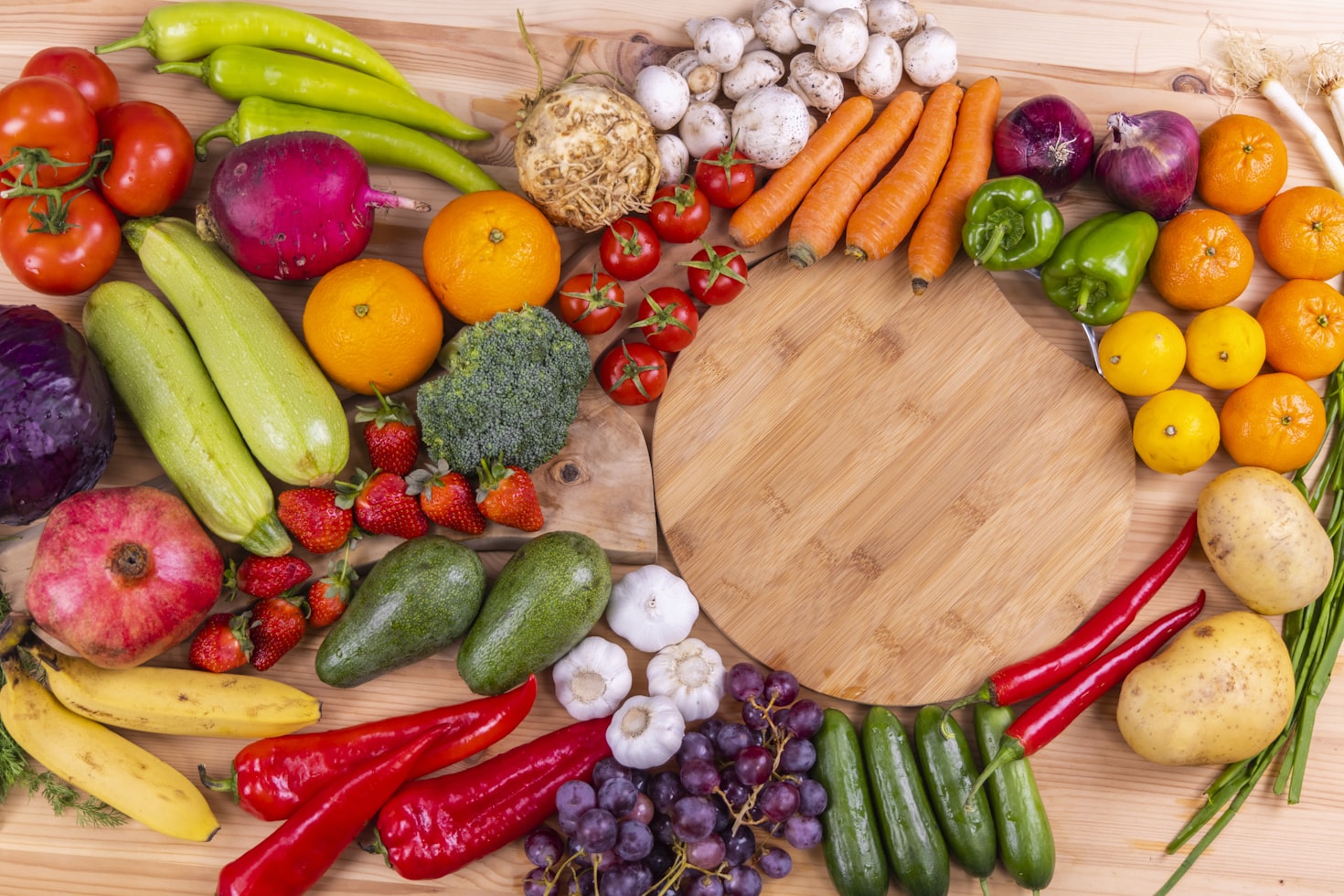How to eat for better heart health

Keeping your heart healthy is important. When you have a healthy cardiovascular system, you may decrease your risk of developing heart conditions like coronary artery disease, high blood pressure, high cholesterol, diabetes and heart failure.
Luckily, alongside exercise, eating a healthy diet can help to support your heart health. This is especially important if you have a family history of cardiovascular conditions, or you already suffer from some heart-related problems.
Being told to eat a healthy diet for your heart is all well and good, but what does that actually mean? How can you eat for a better heart?
Here are some top tips to keep your heart happy and healthy.
Eat plenty of fruits and vegetables
Fruits and vegetables are packed with micronutrients (vitamins and minerals). They are also high in healthy fiber, which enhances your digestion and keeps your gut happy.
Micronutrients are essential to keep your cells functioning optimally, and they help to reduce stress and inflammation in the body. This can reduce the strain that is placed on your heart and keeps your cardiovascular system healthy.
Focus on healthy fats
Healthy fats are those that are unsaturated. Monounsaturated and polyunsaturated fats are found in oily fish, nuts, seeds, avocados and plant oils. Unsaturated fats can lower the levels of inflammation and stress in your body, which helps to keep your heart healthy.
Healthy fats, such as omega-3 fatty acids, can also lower the levels of bad cholesterol in your bloodstream, reducing the risk of plaque buildup and atherosclerosis.
Limit sodium intake
Consuming too much sodium has been linked to an increased risk of heart disease. Sodium can affect the water balance in your blood vessels, leading to high blood pressure. Long-term high blood pressure increases your risk of diabetes and heart disease.
Sodium is okay in small amounts. However, a lot of highly processed condiments or canned foods and pre-packaged foods contain high levels of salt. Consuming too many of these things may cause your sodium intake to go above the daily recommended level.